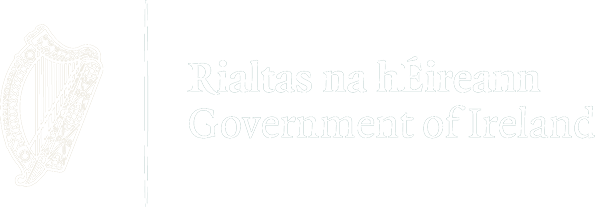What is Skills to Advance?
Skills to Advance is an initiative which aims to equip employees with the skills they need to progress in their current role or to adapt to the changing job market.
It provides certified, part-time training opportunities for employees to upskill or reskill, particularly if their skills level is below level 5 on the National Framework of Qualifications and/or if they are:
- Currently working in a lower-skilled job or
- Aged 50+ or
- Currently working in a job that is experiencing significant change
Skills to Advance Training Supports
To find our more about our programmes please view our Skills to Advance brochure here: Mayo, Sligo and Leitrim Skills to Advance Course Brochure 2026
Working closely with small and medium-sized enterprises, Skills to Advance also helps employers identify skills needs and invest in their workforce by providing heavily subsidised education and training to eligible staff. These upskilling and reskilling options for employees create a straightforward way to help increase company productivity and competitiveness in a fast-changing business sector.
Skills to Advance provides workforce training opportunities which:
- Are flexible to fit around business hours and work schedules.
- Develop skills relevant to a company’s business needs.
- Respond to the changing nature of jobs and skills.




